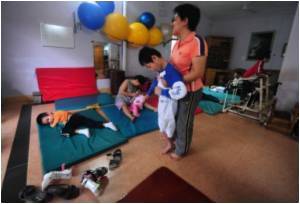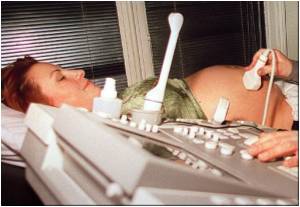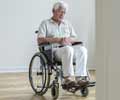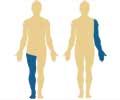Despite the low risk of cerebral palsy among babies born through IVF, the issue should be taken seriously, say scientists.
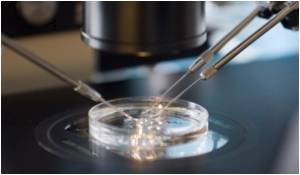
The safety of IVF and similar fertility treatments has been closely scrutinised since the first 'test-tube baby' in the 1970s.
They researchers compared the cerebral palsy rates in babies grouped depending on how long it took for their mothers to become pregnant after starting to try to conceive.
This length of time is used as a way of assessing fertility - taking more than a year to conceive might indicate some kind of problem, albeit one not severe enough to prevent pregnancy altogether.
When the "quick conceivers" were compared with those taking over a year, there was no significant difference in the rate of cerebral palsy.
However, a group of babies born after IVF or ICSI, in which sperm is directly injected into the egg, had approximately double the risk of cerebral palsy compared with those conceiving quickly.
Advertisement
"Our results showed this was not the case because, even for couples who took a year or longer to conceive, there was no statistically significant increased risk," he said.
Advertisement
Source-ANI


